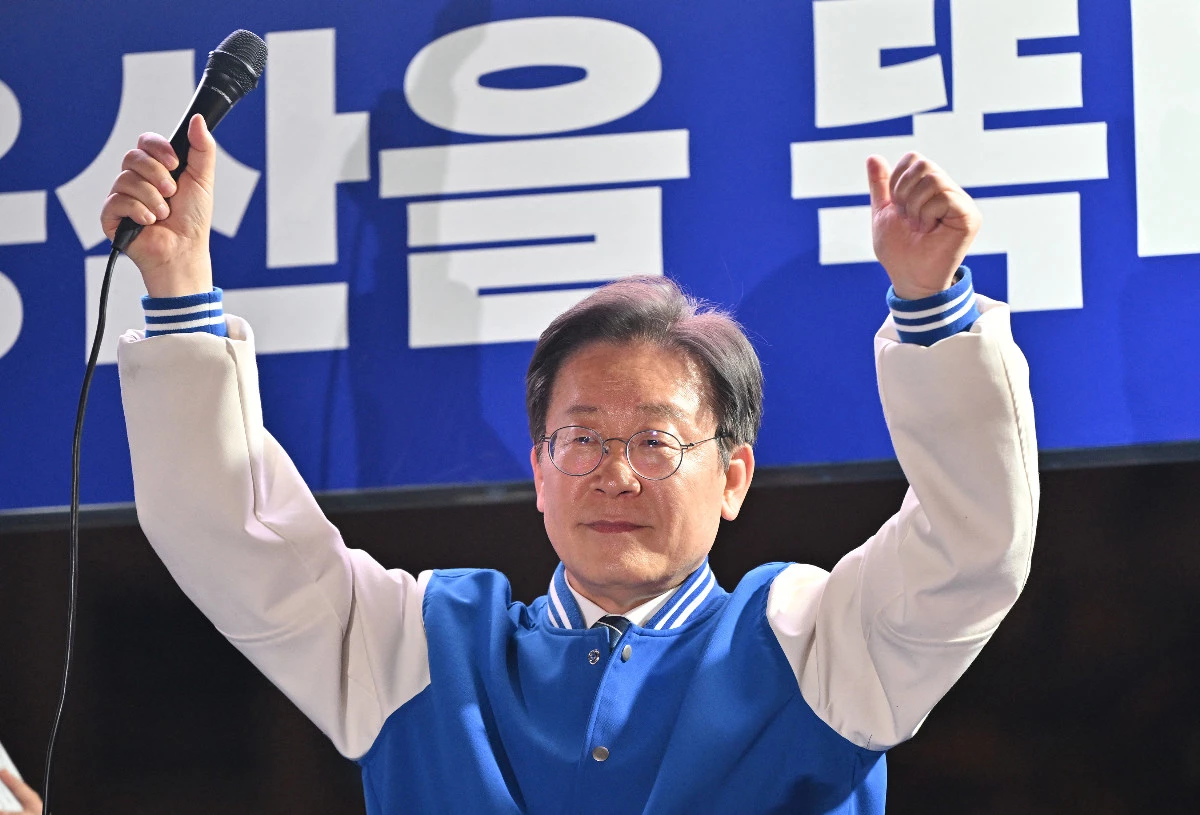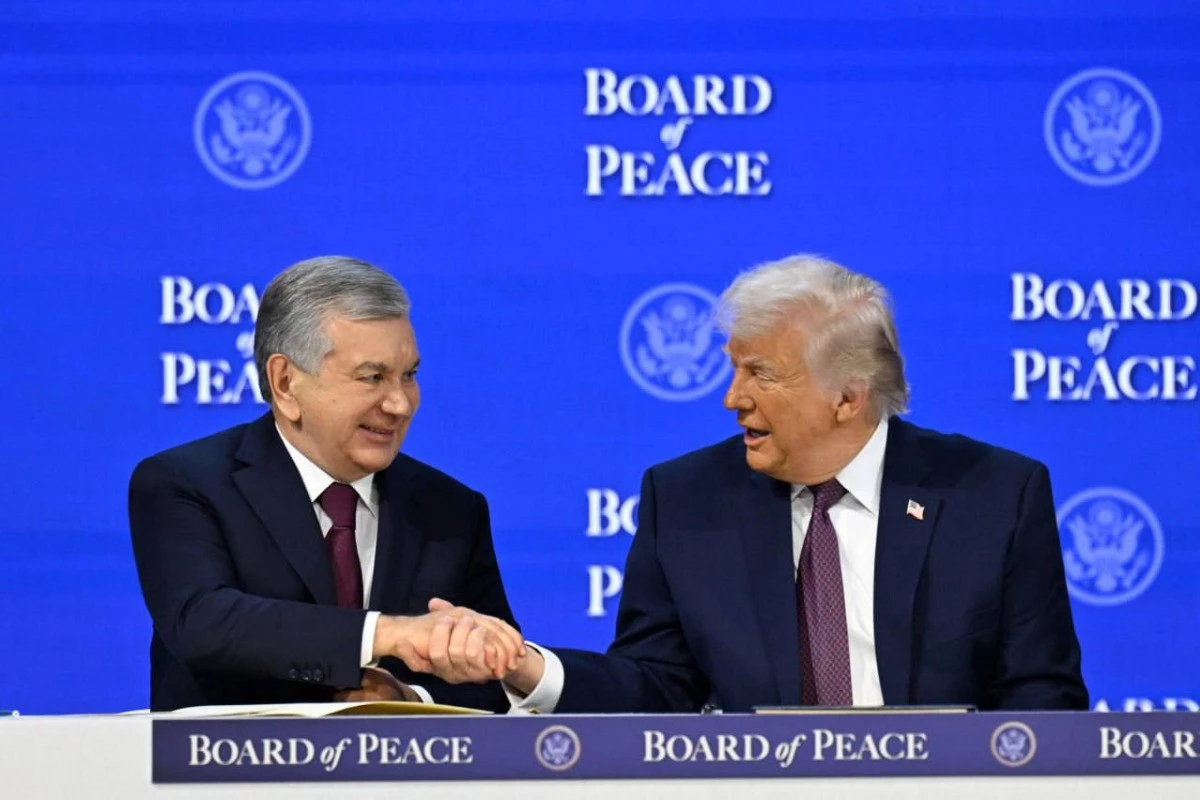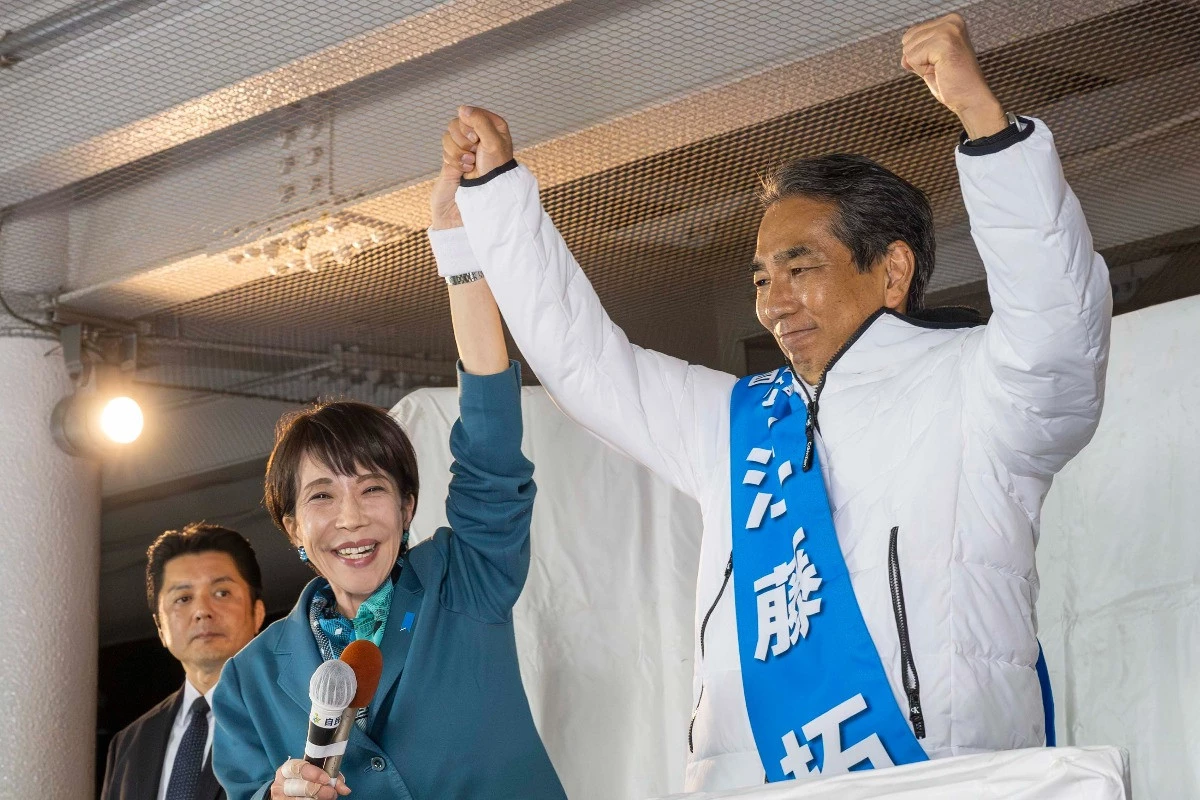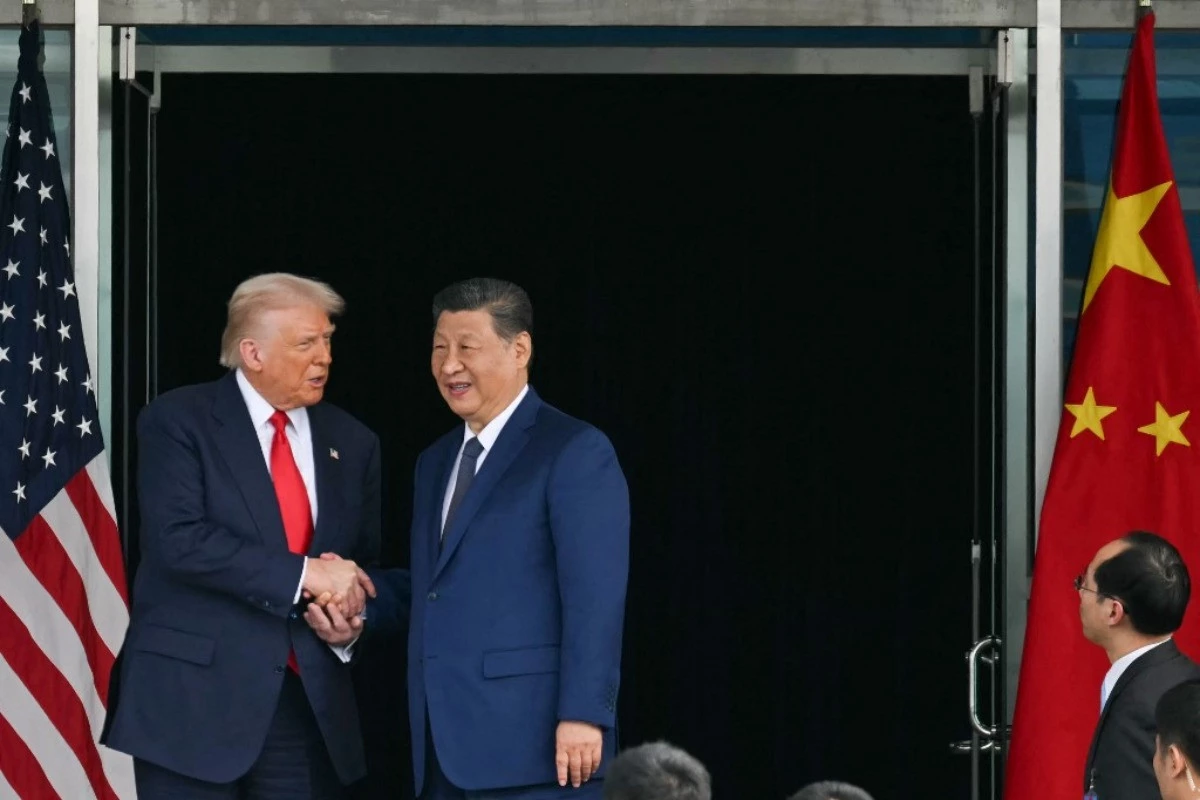


On 17–19 February, the President of Uzbekistan, Shavkat Mirziyoyev, will pay a visit to the United States and take part in the inaugural meeting of the Peace Council, a new international body established as a multilateral platform to promote dialogue and the peaceful resolution of pressing global and regional conflicts.

Japan’s Liberal Democratic Party (LDP) won a historic victory in the snap lower house election held on 8 February, securing more than a two-thirds majority of seats on its own.

Chinese President Xi Jinping said on Wednesday that he hopes to work with U.S. President Donald Trump in the new year to steer the giant ship of China-U.S. relations steadily forward through wind and storms, and accomplish more big things and good things.